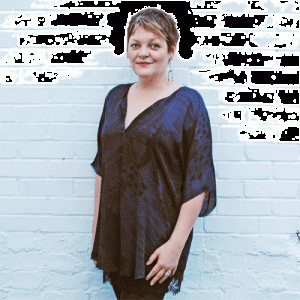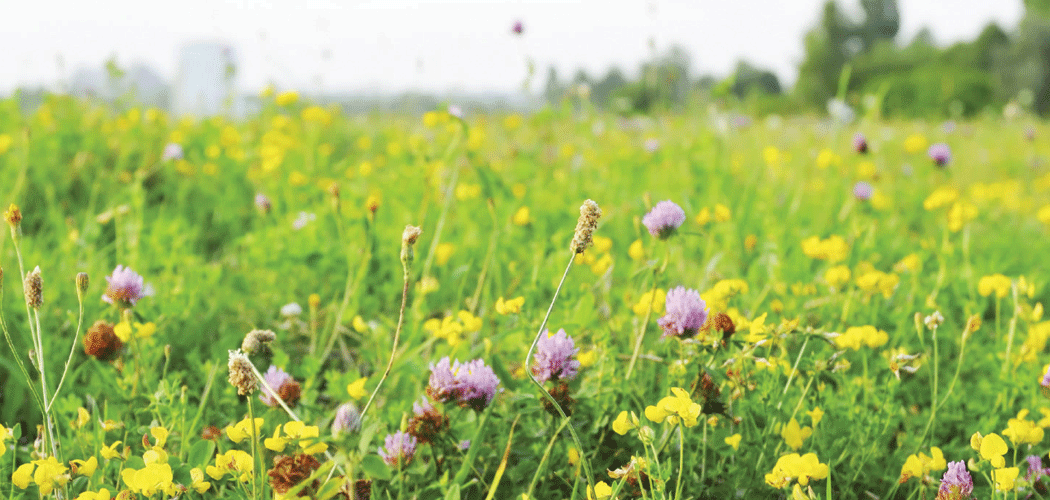Dr Laura Waters is an HIV and sexual health consultant at the Mortimer Market clinic and the Boyz Doc. Dr Laura answers your questions every two weeks in Boyz. If you have a question for Dr Laura please email her at [email protected].

Dear Laura,
For the past few summers I’ve suffered with hay fever. I love the summer but dread hay fever because it’s like having a cold. I’ve tried one-a-day allergy pills with varying results. Is there anything else you can suggest I try, something stronger perhaps? I’ve heard about an injection – would you recommend this? Also, I never used to suffer with hay fever, so why has it started now? Hope you can help.
Richard
Hi Richard,
Sorry to hear that, hay fever symptoms can be pretty miserable – as the weather gets nice about 1 in 5 people in England start getting bunged up noses and itchy eyes and it’s getting more common. Hay fever (seasonal allergic rhinitis) is more common if you have asthma or eczema and if one, or particularly both, of your parents have it too. Allergic rhinitis occurs when particles or ‘allergens’ cause inflammation of the lining of the nose.
Allergic rhinitis is a particular issue for younger people; most people get it before 20 years of age. However, some get it for the first time in adulthood and the numbers of people getting symptoms at older ages is increasing. Most people describe some improvement in symptoms as they get older and for up to 1 in 5 hay fever will disappear altogether.
Triggers for allergic rhinitis differ. Pollens (fine powder from plants) are a common cause: grass, trees or some weeds are all culprits. Different pollens appear at different times of year and symptoms usually go away when that pollen’s season is over – these seasonal symptoms are classic for hay fever. Tree pollen peaks in spring, grass pollen late spring/early summer and weed pollen typically late autumn. Allergic rhinitis can also be caused by non-seasonal allergens (present all year round) such as house dust mite or pets. As you have developed symptoms for the first time as an adult it’s worth thinking about non-pollen causes – have you moved house? Got a new pet? New job? Flour, wood dust and latex gloves can all be non-seasonal triggers. Diagnosis is usually based on symptoms but occasionally tests will be needed to confirm the diagnosis and exclude other conditions, including blood tests or allergy skin testing by a specialist.There is no cure and the main strategies are avoiding exposure to the allergen and using medications to reduce irritation.
Avoiding pollens can be tough when they’re merrily floating around in the air but some simple steps may help. Pollen counts tend to be higher on dry, windy, sunny days so try to keep indoors then if at all possible. The Met Office provide pollen forecasts to help plan activity or when to take medication. Keeping the windows of your house or car closed (if you can bear it!) and having a shower or changing your clothes after coming in from outdoors can help. Other tips include wraparound sunglasses to protect your eyes and putting a dab of Vaseline on your nostrils to limit pollen getting up your nose. As for medications, anti-histamines and steroids can both reduce inflammation and irritation. If treatments you can buy don’t work you should book to see your GP in case you need a prescription.
For occasional symptoms anti-histamines are first choice; nasal sprays are ideal (azelastine is the only one licensed in the UK and starts to work within 15 minutes) but if eye symptoms are troublesome tablets are better (and take about an hour to work). If symptoms are more frequent you need a regular (every day) preventative treatment: steroid nasal sprays are best for blocked noses and sneezing or runny noses responds to steroid sprays or anti-histamine tablets. Steroid sprays and anti-histamine tablets can be used safely every day though non-sedating anti-histamines are preferred, especially during the day.
Steroid nasal sprays and antihistamine tablets can be combined, for example by using antihistamine tablets while a preventative steroid spray starts to work, which can take days. Some people need both to control symptoms; if the combination is still not enough then other types of nasal spray can be added in but this should be under advice from your GP. It’s also important to get your nasal spray technique right – speak to a pharmacist or GP or look it up online. If you need relief of severe symptoms, for an important event maybe, a short course (5 to 10 days) of steroid tablets should do the trick. Finally you can use nasal decongestants (there are lots available in pharmacies) but these should not be used regularly as they can end up making congestion worse. If your symptoms are very severe or hard to control your GP may refer you to a specialist.
Injections of long-acting steroids certainly work but they are not recommended by NICE (the organisation that tells the NHS which treatments it should provide). You can get injections privately, and plenty of clinics will provide one, but NICE doesn’t recommend injections since the benefits are outweighed by potentially serious risks. These include a higher risk of infections and because the injection will suppress your own natural steroids (part of the normal response to stress) there is a risk that your body won’t cope with a serious illness or accident. Injectable steroids, and certain steroid nasal sprays, can interact with some HIV drugs and cause significant health problems.
So, see your GP to get advice about what treatments are best and please don’t be tempted to go for an injection as the risk of harm is greater than the benefit.














